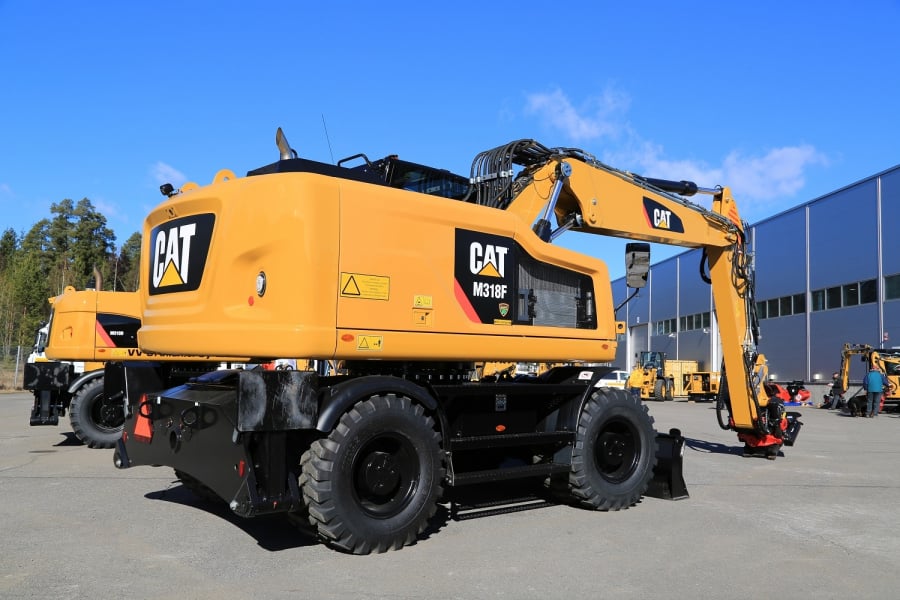The multinational industrials giant Caterpillar (NYSE: CAT) has experienced a rough week. Because of an ongoing series of events, its stock price has fallen by nearly 6% from a high of almost $99 on Wednesday, March 1 to $93.23 at Wednesday, March 8's close. Both investors and the public are rightfully worried about what is going on at Caterpillar.
On Thursday, March 2, breaking news reported that the Peoria headquarters of Caterpillar and two other Illinois sites were raided by federal authorities. The Internal Revenue Service, the Federal Insurance Deposit Corporation, and the US Department of Commerce conducted the raids. No arrests were made, but the raids were targeted at records and documents related to a Caterpillar subsidiary based in Switzerland called CSARL. Caterpillar's chief executive Jim Umpleby stated in an internal memo that the search warrant was likely involved with an investigation by the US attorney's office for the Central District of Illinois. The federal investigation is connected to a previously disclosed tax avoidance investigation that had potential back taxes and penalties of $2 billion. Umpleby reassured investors that Caterpillar is innocent, had been cooperative with federal authorities, and would continue to cooperate: "We are Caterpillar. We are an honorable company... We conduct our business within the framework of applicable laws and regulations." The roots of the ongoing federal investigation reach back to whistleblower lawsuit filed eight years ago by a former employee that alleged using a Swiss subsidiary to fraudulently shift profits and avoid US taxes.

In the wake of Thursday's raids, investors grew increasingly skittish. A Wall Street Journal article recommended that holders of the stock sell in order to lock in capital gains. A Seeking Alpha analyst wrote an article that predicts Caterpillar stock is in the beginning of a sustained downtrend. The argument cites poor strength and performance relative to other Dow Jones components, momentum and volume indicators, other technical indicators, and low short and long-term price targets. In local news, the Peoria Journal Star published an editorial in support of Caterpillar's innocence, citing an uncompetitive US corporate tax system, recent federal probes, and the employment of 12,000 people in the Peoria area.
On Wednesday, March 8, serious new developments surfaced. Federal investigators accused Caterpillar of tax and accounting fraud in a private report. The author of the report, Leslie Robinson, an accounting professor at Dartmouth College hired by an undisclosed federal agency, stated that Caterpillar did not comply with US tax law and financial reporting rules: "These actions were fraudulent rather than negligent." A Caterpillar spokesperson said that the company had not yet read the report and did not comment.
Caterpillar and its investors are in a bind. Revenue growth has declined in recent quarters, and its stock price has been buoyed more by speculation on tax reform than strong fundamentals. If the federal investigations result in charges and a tax fraud case, then Caterpillar will find itself stuck in more bad times.
The author does not hold any positions in any of the stocks above.

